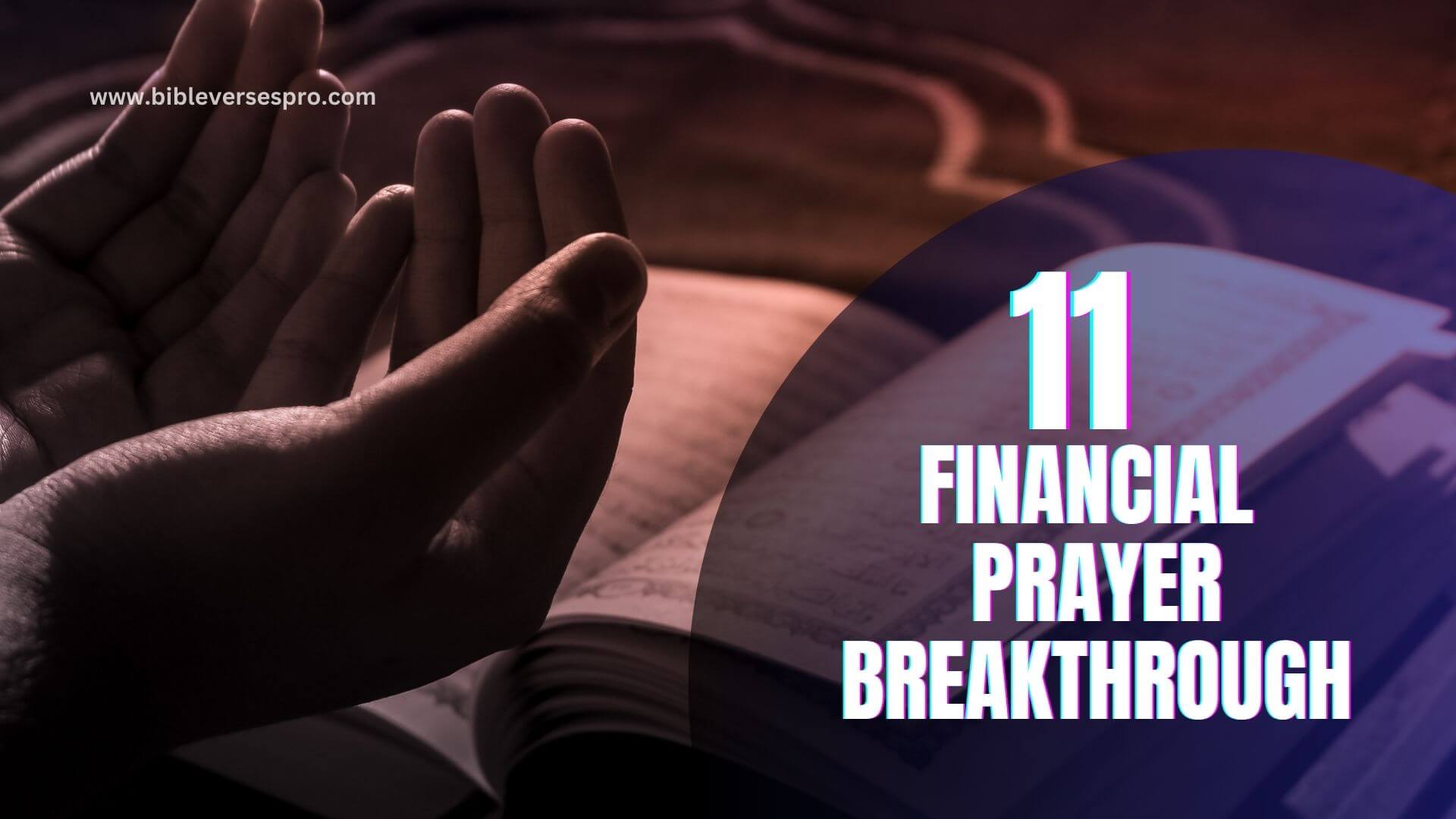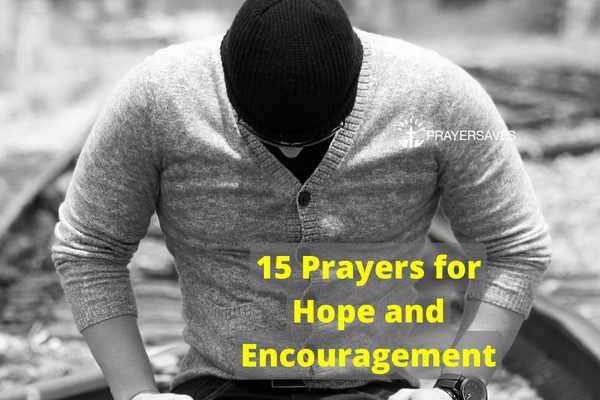Fasting, a practice deeply rooted in the Christian faith, is a powerful way to draw closer to God, seek His guidance, and experience spiritual breakthroughs.
Throughout the Bible, we find numerous examples of individuals who turned to fasting as a means of deepening their connection with God and finding answers to their prayers.
In this article, how to fast in the Bible and outline nine steps for spiritual success in your fasting journey.
How To Fast In The Bible
Understanding the Biblical Foundation of Fasting
Fasting is not a modern invention but has its roots in the pages of the Bible. To gain a better understanding of this practice, let’s delve into the biblical foundation of fasting.
1. Fasting as a Spiritual Discipline
Fasting is a spiritual discipline that involves voluntarily abstaining from food or certain luxuries for a set period.
It serves as a means of humbling oneself before God, seeking His will, and interceding on behalf of others. As believers, we can look to the Bible for guidance on how to approach fasting.
Matthew 6:16-18 (ESV)
“And when you fast, do not look gloomy like the hypocrites, for they disfigure their faces that their fasting may be seen by others. Truly, I say to you, they have received their reward.But when you fast, anoint your head and wash your face, that your fasting may not be seen by others but by your Father who is in secret. And your Father who sees in secret will reward you.”
The Purpose of Fasting
Fasting in the Bible serves various purposes, and understanding these reasons can help us approach our fast with a clear and focused mindset.
a. Seeking God’s Guidance
One of the primary reasons people fast in the Bible is to seek God’s guidance in times of uncertainty or decision-making. When faced with pivotal choices, fasting can help us tune into God’s voice.
Acts 13:2-3 (ESV)
“While they were worshiping the Lord and fasting, the Holy Spirit said, ‘Set apart for me Barnabas and Saul for the work to which I have called them.’ Then after fasting and praying, they laid their hands on them and sent them off.”
b. Repentance and Humility
Fasting is also a powerful tool for expressing repentance and humility. It allows us to acknowledge our sins and seek God’s forgiveness.
Joel 2:12-13 (ESV)
“Yet even now,” declares the Lord, “return to me with all your heart, with fasting, with weeping, and with mourning; and rend your hearts and not your garments. Return to the Lord your God, for he is gracious and merciful, slow to anger, and abounding in steadfast love; and he relents over disaster.”
Types of Fasting
Biblical fasting can take on different forms, each with its level of intensity. Understanding these types of fasting can help you choose the most appropriate approach for your spiritual journey.
a. Normal Fast
A normal fast involves abstaining from all food but not water. This is the most common form of fasting.
b. Partial Fast
A partial fast may include avoiding certain foods or meals while maintaining a diet of limited choices. It allows you to set specific restrictions tailored to your needs.
c. Absolute Fast
An absolute fast is a more intense form of fasting, involving abstaining from both food and water. This type of fast is not recommended for extended periods due to its extreme nature.
Preparing For a Successful Fast
Now that we have a solid foundation in understanding fasting in the Bible, it’s time to prepare for a successful fast. Proper preparation is key to experiencing the full benefits of your fast.
Prayer and Intention
Before embarking on your fast, spend time in prayer, seeking God’s guidance on the purpose of your fast. Set clear intentions and goals for what you hope to achieve during this sacred time of consecration.
Psalm 42:1-2 (ESV)
“As a deer pants for flowing streams, so pants my soul for you, O God. My soul thirsts for God, for the living God. When shall I come and appear before God?”
5. Selecting Your Type of Fast
Choose the type of fast that aligns with your spiritual goals and physical capabilities. Whether it’s a normal fast, partial fast, or a specific dietary restriction, your choice should reflect your purpose.
6. Fasting Schedule
Determine the duration of your fast and establish a clear schedule. Fasting can range from a single day to several weeks, so it’s essential to set realistic expectations and commit to your chosen timeframe.
Isaiah 58:6-7 (ESV)
“Is not this the fast that I choose: to loose the bonds of wickedness, to undo the straps of the yoke, to let the oppressed go free, and to break every yoke? Is it not to share your bread with the hungry and bring the homeless poor into your house; when you see the naked, to cover him, and not to hide yourself from your own flesh?”
7. Seek Accountability and Support
Share your fasting journey with a trusted friend or mentor who can provide support, encouragement, and accountability. Fasting can be challenging, and having someone alongside you can make a significant difference.
The Fasting Experience
As you embark on your fast, there are crucial aspects to consider to make the most of your spiritual journey.
8. Deepening Your Connection with God
During your fast, spend quality time in prayer and meditation on God’s Word. This is an opportunity to deepen your connection with the Lord and draw nearer to Him.
Psalm 63:1-4 (ESV)
“O God, you are my God; earnestly I seek you; my soul thirsts for you; my flesh faints for you, as in a dry and weary land where there is no water.”
9. Breaking the Fast
When the time comes to end your fast, do so with intention. Begin with small, easily digestible foods, and gradually reintroduce your regular diet to avoid discomfort or health issues.
Frequently Asked Questions
FAQ 1: Can I fast for a specific request?
Yes, you can fast with a specific request in mind. Many individuals in the Bible fasted to seek God’s guidance or answer a particular prayer. Just ensure that your request aligns with God’s will.
FAQ 2: How do I stay focused during a fast?
Staying focused during a fast can be challenging, but constant prayer and meditation on Scripture can help. Additionally, seeking support from fellow believers and accountability partners can keep you on track.
FAQ 3: What if I have health concerns or dietary restrictions?
If you have health concerns or dietary restrictions, it’s essential to choose a fast that accommodates your unique situation. Consult with a healthcare professional if needed to ensure your safety during the fast.
Conclusion
Fasting is a profound spiritual practice that can lead to transformative experiences in your walk with God.
By understanding the biblical foundation of fasting, preparing with prayer and intention, and following a structured fasting experience, you can draw closer to the Lord,
seek His guidance, and experience spiritual success. Remember that fasting is a deeply personal journey, and your experience may differ from others. Stay committed, seek God’s presence, and embrace the spiritual benefits that fasting can bring to your life.
In all your endeavors, let the words of Jesus in Matthew 6:33 (ESV) be your guiding light: “But seek first the kingdom of God and his righteousness, and all these things will be added to you.”







